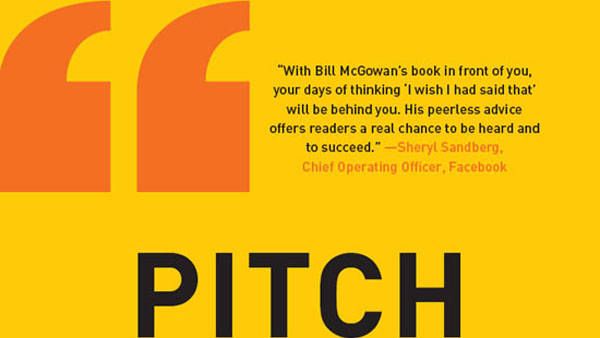Attention Grads: Here's How to Land a Job
The five tips that will help millennials score a paycheck

You've just finished the "four greatest years of your life." Now it's time to focus on the four most-important words underlying any job search: "I can help you."
Tip 1: Embrace a big-picture shift of thinking. Don't see yourself as going into an interview asking for something. Instead think that you are offering yourself as a valuable resource - someone completely capable who is dedicated to making your employer's organization better. Do some research and discover what the immediate goals are for the company and explain how your ideas and skills would help them achieve those goals. Even if your ideas aren't adopted, you will have shown the type of initiative they're looking for.
Tip 2: Prepare, Prepare, Prepare. The idea of going into an interview and being spontaneous with your answers is a recipe for disaster. Like loading GPS directions into your car before driving someplace unfamiliar, you need to have a navigational plan for where you're going to steer your answers. The trick is to sound thoughtful rather than scripted and rehearsed, but you are most definitely not winging it.
Tip 3: Body language matters – Good firm handshake, meaningful and sustained eye contact, a slight smile when you speak (and listen) and sit slightly forward in your chair in an engaged position but sitting up straight as well. You should feel an arch in the small of your back to ensure that you are not slouching. Your hands should never rise above shoulder level – nothing good happens up there. It usually means you're playing with your hair, touching your face, wiping under your nose or scratching your ear, all signs of nerves that sap your air of confidence.
Tip 4: Watch your vocal pace. When you're nervous you speak faster than normal which increases the likelihood that dreaded filler language (um, you know, like, sort of, kind of) will creep in. When in doubt, it's better to pause than to just utter meaningless sound. The less certain you are about the next few words coming out of your mouth, the slower you should be talking. This will allow your brain more time to develop the next thought.
Tip 5: Yes, you're on display, but it's not all about you. Show a genuine interest and curiosity in the person interviewing you, even if it's during the small talk that precedes the official interview. Go in with a sense of where they're from, where they went to school, what their career path has been, how long they've been with the company, and if possible, what their interests are. Be careful though not to make it sound as though you combed through every photo of theirs on Facebook like a stalker.
Get exclusive access to fashion and beauty trends, hot-off-the-press celebrity news, and more.